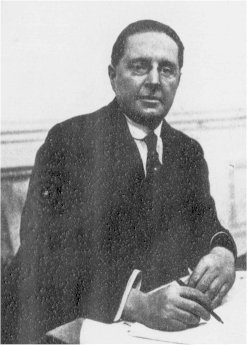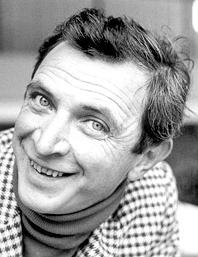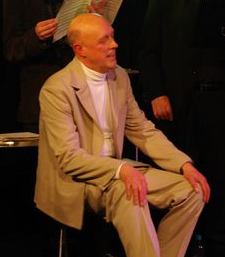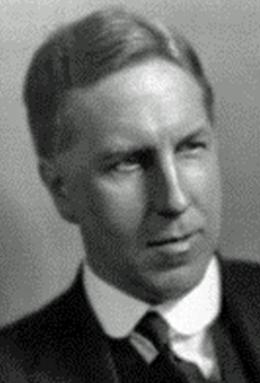
Victor August Herbert was an American composer, cellist and conductor of English and Irish ancestry and German training. Although Herbert enjoyed important careers as a cello soloist and conductor, he is best known for composing many successful operettas that premiered on Broadway from the 1890s to World War I. He was also prominent among the Tin Pan Alley composers and was later a founder of the American Society of Composers, Authors, and Publishers (ASCAP). A prolific composer, Herbert produced two operas, a cantata, 43 operettas, incidental music to 10 plays, 31 compositions for orchestra, nine band compositions, nine cello compositions, five violin compositions with piano or orchestra, 22 piano compositions and numerous songs, choral compositions and orchestrations of works by other composers, among other music.

Sir Alan Patrick HerbertCH, was an English humorist, novelist, playwright, law reformist, and, from 1935 to 1950, an independent Member of Parliament for Oxford University.

Sir Nigel Ross Playfair was an English actor and director, known particularly as actor-manager of the Lyric Theatre, Hammersmith, in the 1920s.

Reynaldo Hahn de Echenagucia was a Venezuelan-born French composer, conductor, music critic, and singer. He is best known for his songs – mélodies – of which he wrote more than 100.

John Cyril Cranko was a South African ballet dancer and choreographer with the Royal Ballet and the Stuttgart Ballet.
Brian Easdale was a British composer of operatic, orchestral, choral and film music, best known for his ballet film score The Red Shoes of 1948.
Kelville Ernest Irving was an English music director, conductor and composer, primarily remembered as a theatre musician in London between the wars, and for his key contributions to British film music as music director at Ealing Studios from the 1930s to the 1950s.

Christopher John Judge Smith, is an English songwriter, author, composer and performer, and a founder member of progressive rock band Van der Graaf Generator. Initially working under the name Chris Judge Smith, he has been known simply as Judge Smith since 1994. After Van der Graaf Generator, he has written songs, stage musicals and operas, and from the early 1990s on he has released a number of solo CDs, including three "Songstories".

Leo Sheffield, born Arthur Leo Wilson, was an English singer and actor best known for his performances in baritone roles of the Savoy Operas with the D'Oyly Carte Opera Company.

Frederic William Austin was an English baritone singer, a musical teacher and composer in the period 1905–30. He is perhaps best remembered for his arrangement of Johann Pepusch's music for a 1920 production of The Beggar's Opera by John Gay, and its sequel Polly in 1922; and for his popularization of the melody of the carol The Twelve Days of Christmas. Austin was the older brother of the composer Ernest Austin (1874–1947).
Derby Day is a 1932 three-act light opera, with music composed by Alfred Reynolds to a libretto by A. P. Herbert. Herbert wrote his text between March and May 1931, whilst on a trip to Australia, during the first run of his successful Tantivy Towers.

Thomas Frederick Dunhill was a prolific English composer in many genres, though he is best known today for his light music and educational piano works. His compositions include much chamber music, a song cycle, The Wind Among the Reeds, and an operetta, Tantivy Towers, that had a successful London run in 1931. He was also a teacher, examiner and writer on musical subjects.
Alfred Reynolds (1884–1969) was a composer of light music for the theatre.
Guy Douglas Hamilton Warrack was a Scottish composer, music educator and conductor. He was the son of John Warrack of the Leith steamship company, John Warrack & Co., founded by Guy's grandfather, also called John.

Dennis Drew Arundell OBE was a British actor, librettist, opera scholar, translator, producer, director, conductor and composer of incidental music.
Tantivy may mean:

Frederick Walter James Peisley was a British stage, film and television actor and theatre director whose career spanned five decades. He is known for The Secret of the Loch (1934), Gentlemen's Agreement (1935) and Murder at the Cabaret (1936). His later career was mostly in television.
This is a summary of 1931 in music in the United Kingdom.
Herbert Griffiths was a British cinema organist, conductor, composer and arranger of concert, theatre and film music.
Howard Ellis Carr was a British composer and conductor who also spent some of his working career in Australia. He was best known for his theatre, operetta and light orchestral genre music.